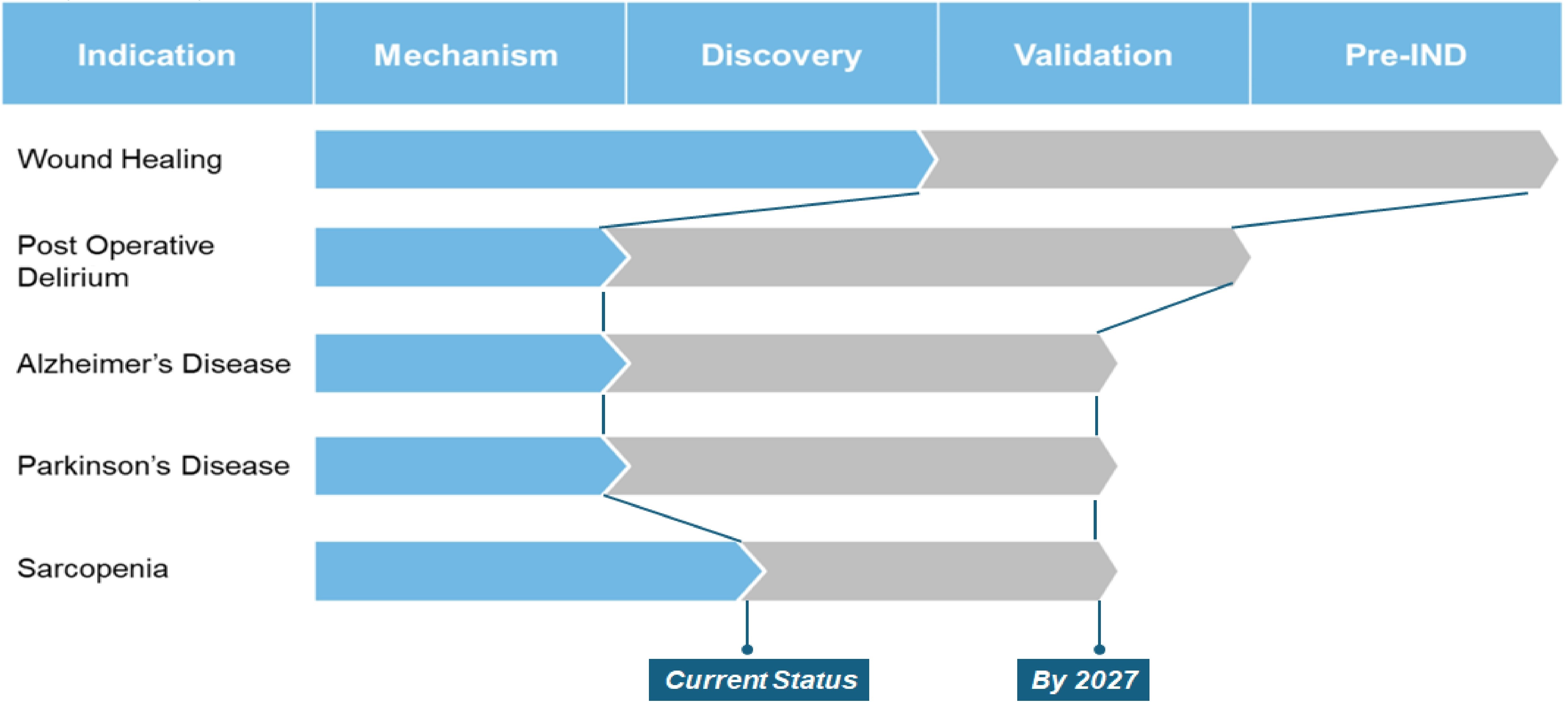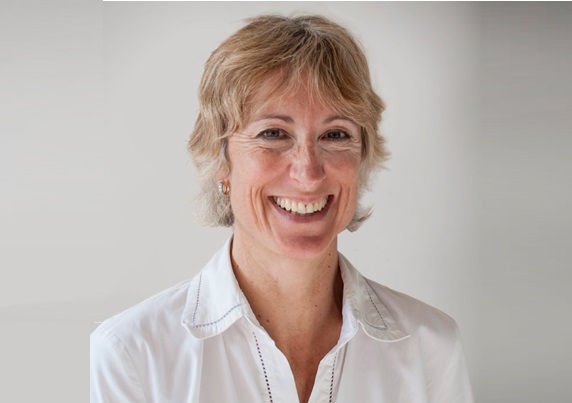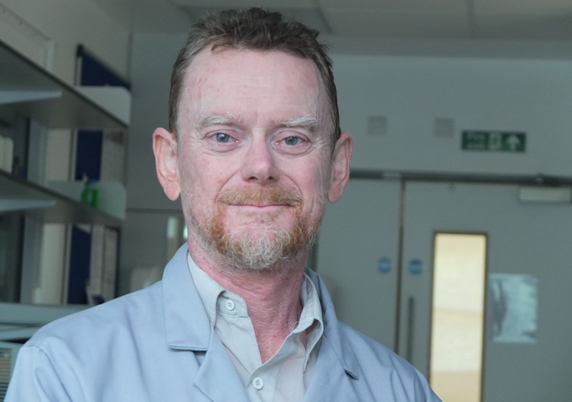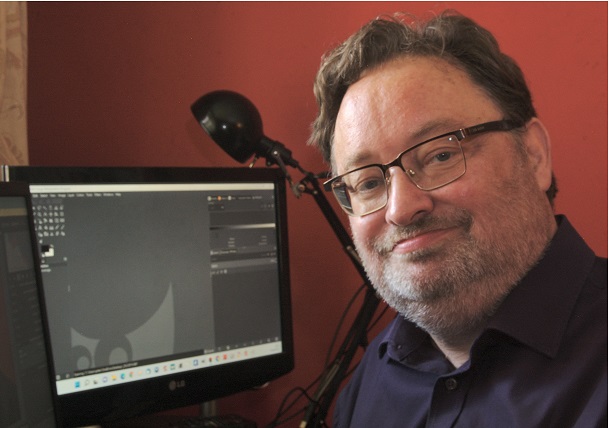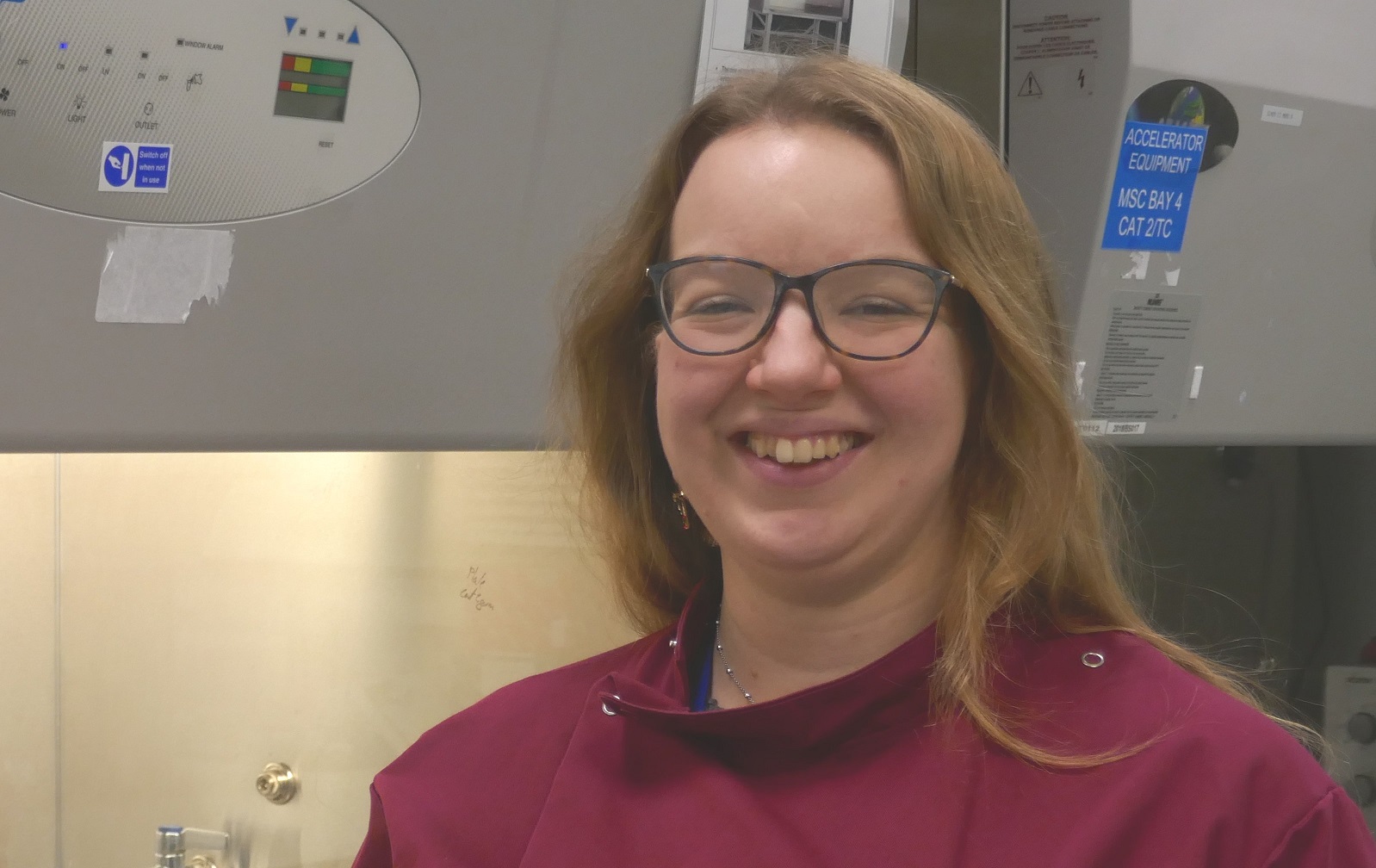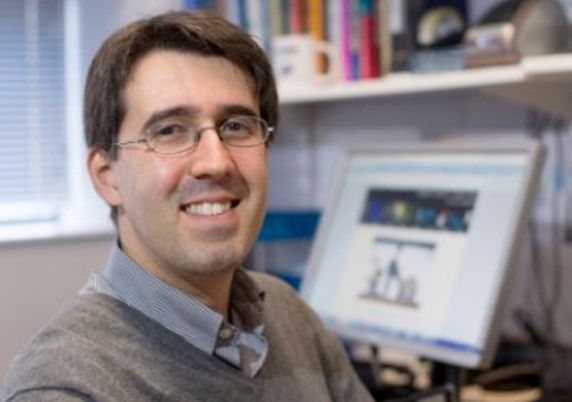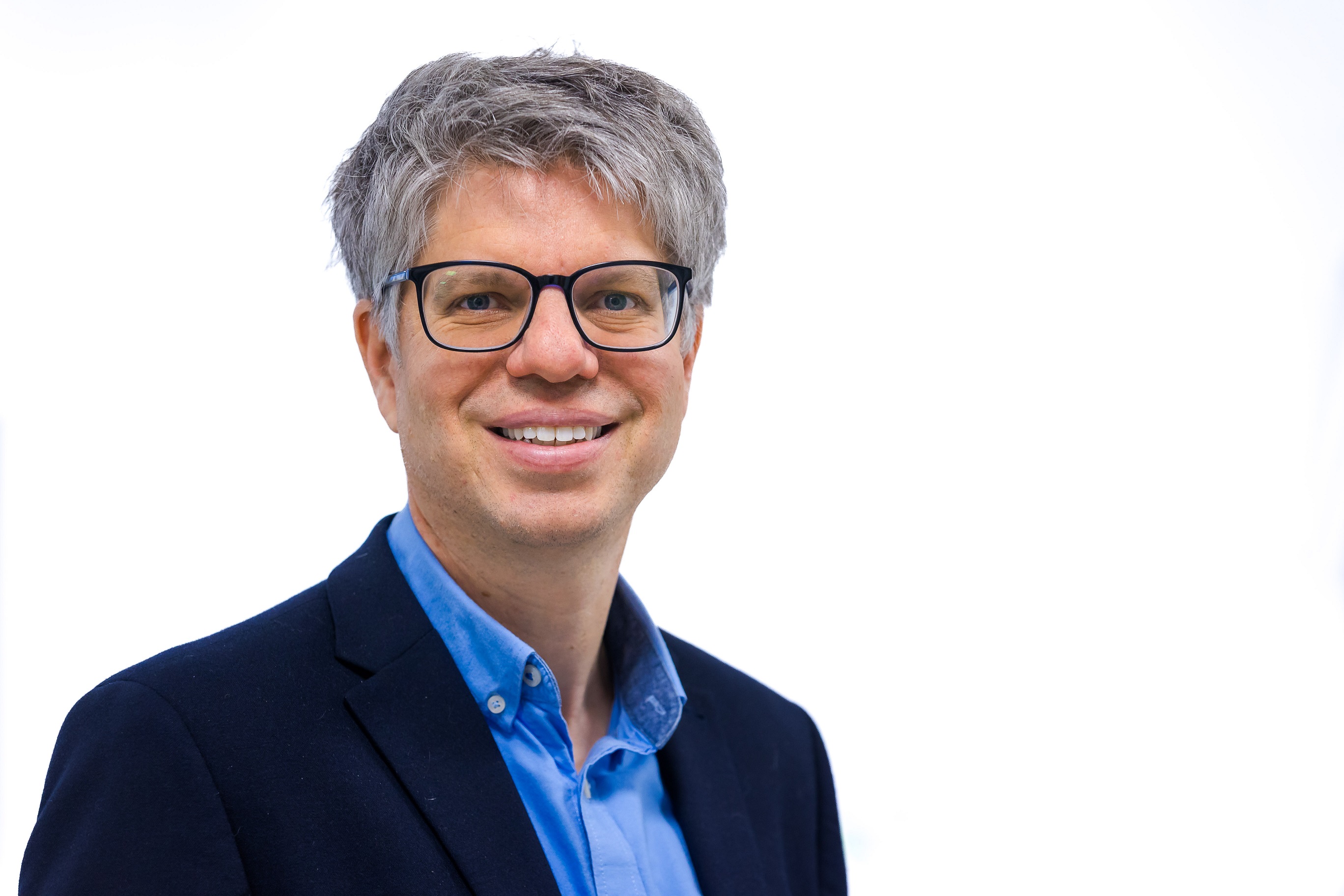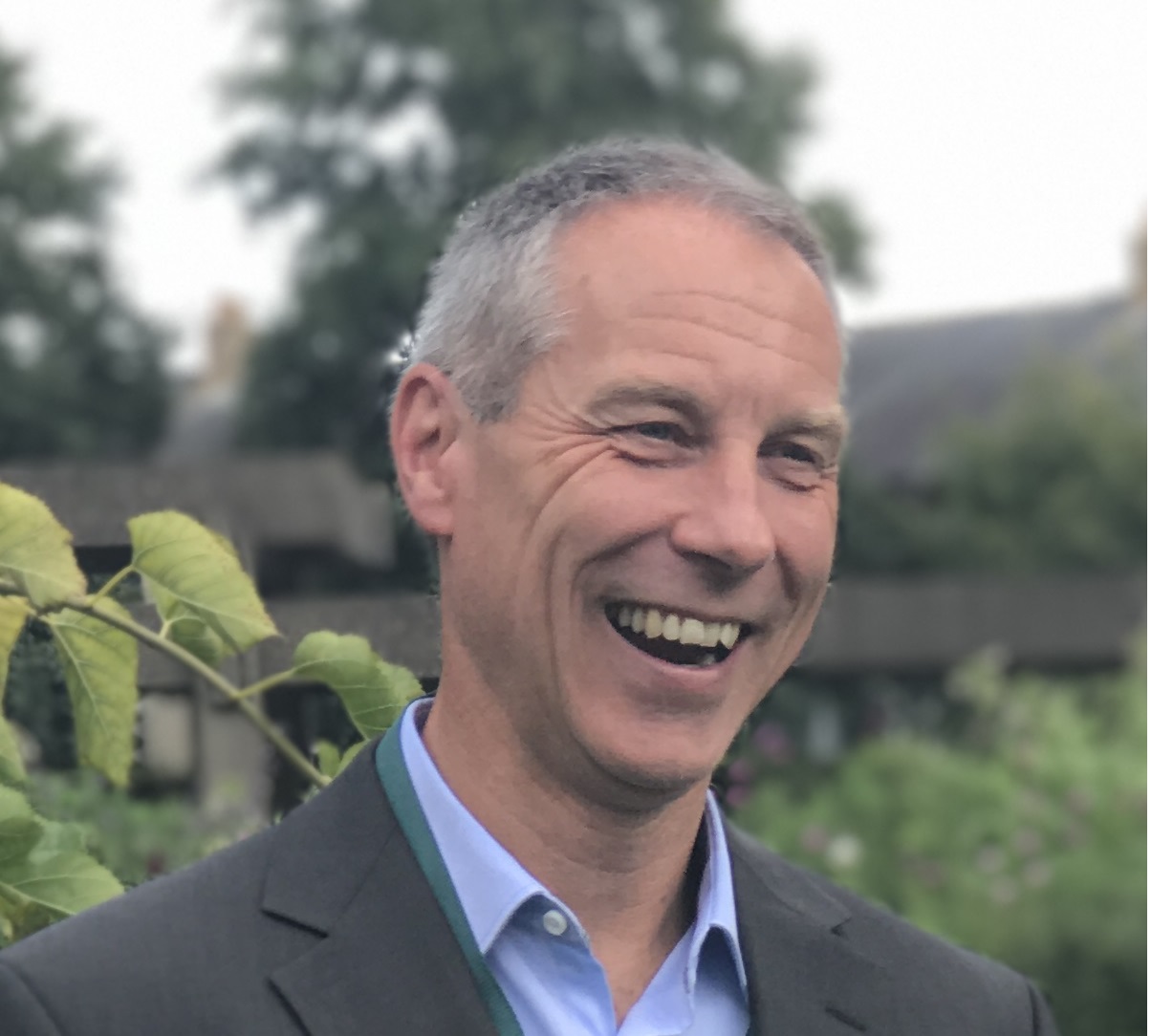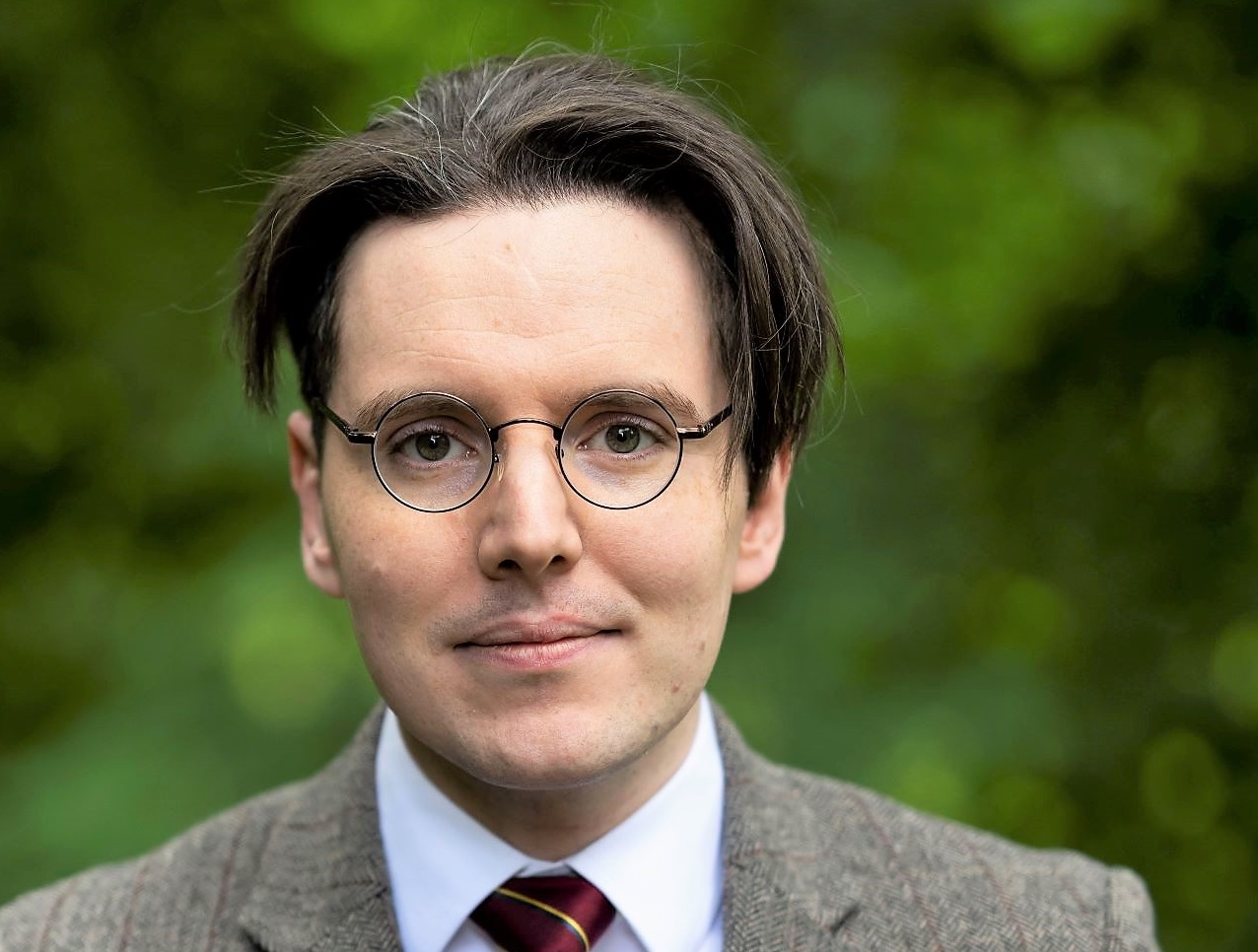
Aging is the number one cause of disability and morbidity in our society, and the
cause of the biggest drain of resources on the healthcare systems in the Western
world.
We are pursuing a fundamentally new approach to anti-aging to invent new pharmaceuticals that will prevent and treat chronic disease. We are investigating a biological pathway and mechanisms, and synthesising and screening new chemical compounds, to find interventions that enable a longer life of functionally healthy cells and organisms. By targeting an unexplored mechanism of aging we aim to delay or prevent the onset of a broad range of age-related diseases.
See the other sections for more background on the chemistry and biology
of aging,
and how Five Alarm Bio is targeting it.

Our bodies are assaulted by chemicals every second. If we drank nothing but
pure water and ate only the cleanest, healthiest food, the oxygen in the air we
breathe is a reactive substance that damages us and causes our own metabolisms to
generate ‘accidental’ products that are harmful.
In a landmark paper published in 2016,
Five Alarm Bio’s founding scientist William Bains described why any chemical
that was not part of the body’s healthy biochemistry is bound to interfere with
the actions of enzymes and other proteins throughout the body.
Even small changes in how a protein functions can
disrupt the delicate balance of a healthy cell.
Luckily our cells have many defences against such disruption, but they gradually
fade with age. A key development of the 2016 work was seeing how a small molecule could be used to make those defences work harder, to counter the effect of aging on our chemical defences and hence extend healthy lifespan. This is the technology that Five
Alarm Bio is implementing.

Five Alarm Bio's foundational science has shown that targeting the chemical
damage of aging can modulate a range of fundamental aging processes. We have
used a model 'probe' compound to test what effects modulating Five Alarm's
target mechanism will have. Working with primary human skin cells, we have shown
that we can reduce cell senescence, reduce the chemical damage that accumulated
in aged cells, and reduce the decline in their ability to heal a 'wound' in cell
culture. We have also worked with Magnitude Biosciences to test the effect of our probe on
aging in the nematode worm C. elegans. C. elegans is a well-tested
model for aging in animals, and has been the organism that pioneered many
breakthroughs in aging research. Magnitude have shown that our probe extends the
healthspan of C. elegans by ~40%, a result that Magnitude Head of Experiments Michael Fasseas said was "One of the best results we have seen".

Five Alarm Bio in using high-content imaging to screen new molecules for their
ability to boost the cell's defence against age-related damage. Based on our 'probe' molecule, as
well as a number of others that we have identified, we have found candidates that are
over 100 times more potent than the original, and which have potential to return cellular
function to a much 'younger' state.
We have tested the first of these in a simple model of wound healing, achieving double of the rate at
which a wound in a layer of cells heals itself in the presence of our compound.
The mechanism also has the potential to treat neurodegenerative diseases.
We have started collaborations with Principal Scientists at the Babraham Institute and the University of Bath on
this exciting research area, with more details in the News section of this site.
